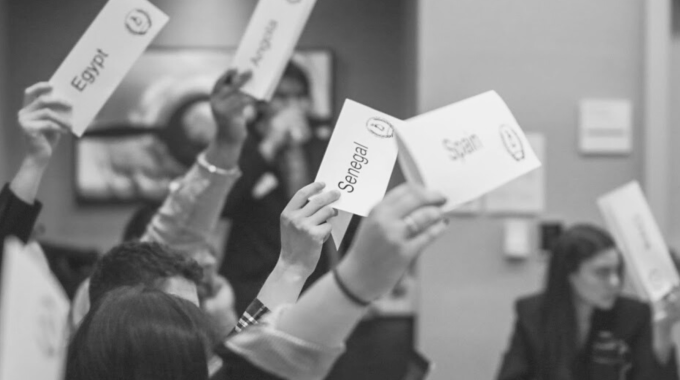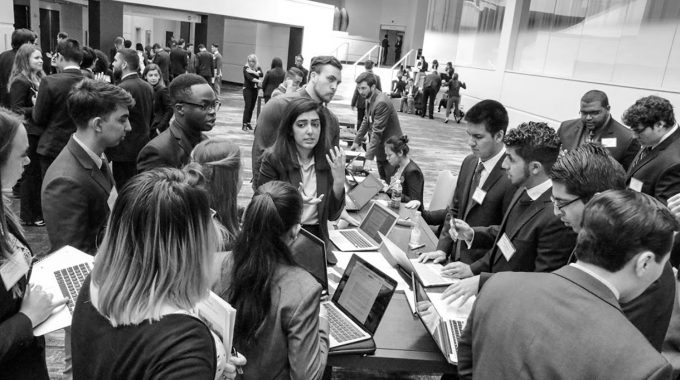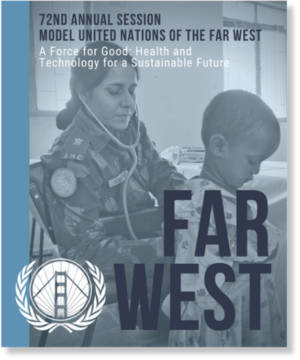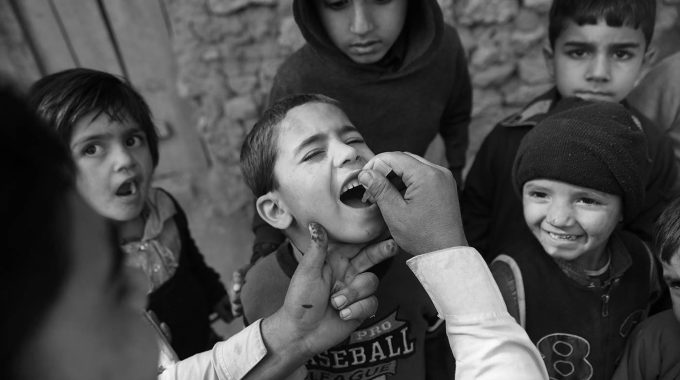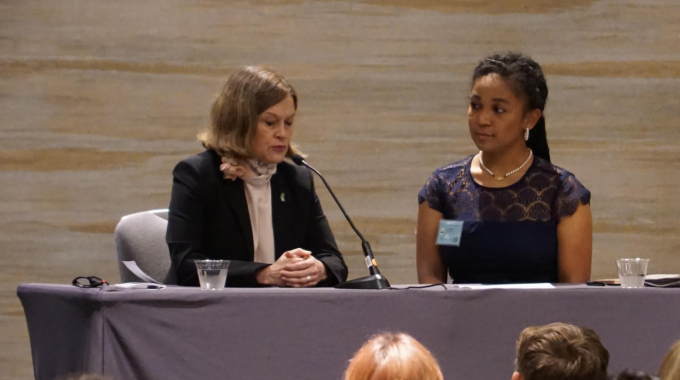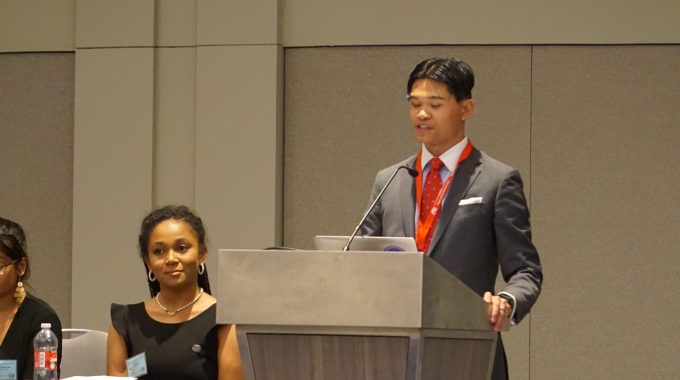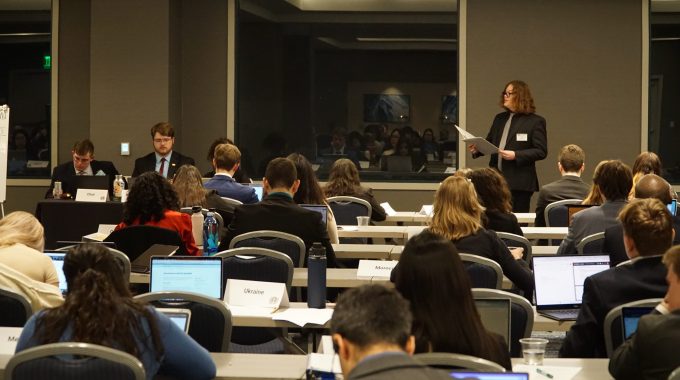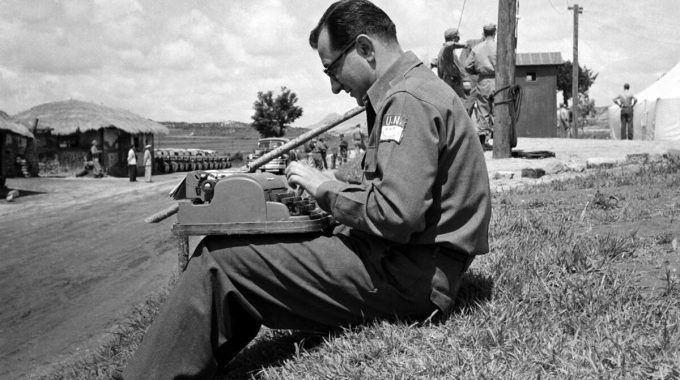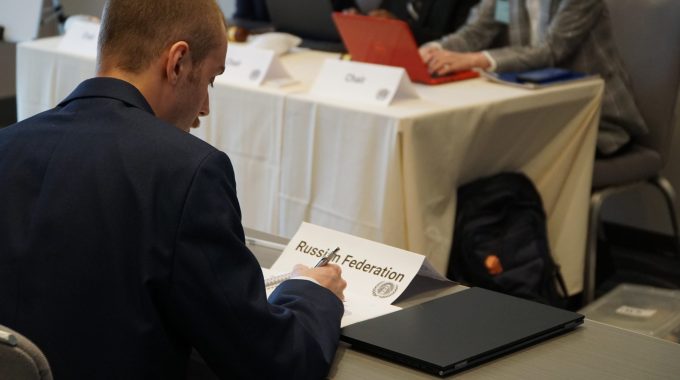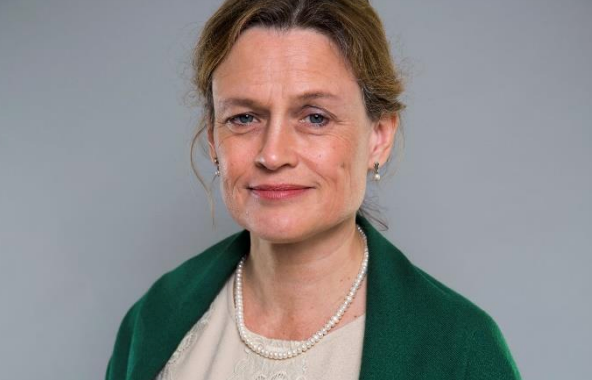GA DAY 1
When the United Nations General Assembly gathered for the second day on Saturday morning, most nations had already aligned themselves into resolution drafting groups addressing the agenda topic of “Protecting civilians in combat zones, especially those with disabilities.” By the end of the day, some resolution groups had gained additional sponsors while others fractured over disputes relating to the depth of the working resolution. The splintering began after the Irish delegation cited concerns about their sponsored working resolution’s “excessive” number of preambulatory clauses, also stating that the working resolution didn’t contain any meaningful substance. The resolution in question is titled “Enhancing The Protection and Safeguard Measures For Civilians in Combat Zones, Especially Those With Disabilities,” and it’s a working resolution that was originally drafted primarily by European Union member states. By the end of today’s session, it was sponsored by Belgium, Canada, Egypt, Germany, Greece, Hungary, Latvia, Lithuania, Poland, Sweden, and Ukraine. The drafters of the resolution emphasize the fact that their resolution is written with equal contribution from each member state. When asked for a comment on Latvia’s goals for the resolution, the delegate from Latvia stated that Latvia is focused on including provisions that call for state sponsored comprehensive relocation programs for refugees impacted by conflicts and more state contribution towards United Nations peacekeeping missions.
The delegation from Ireland began working on a new resolution early in today’s session and by closing, had managed to convince France and the United Kingdom to also cut ties with the primarily European resolution group. These nations are joined by Bangladesh, Peru, Philippines, Switzerland, Thailand, United States, and Viet Nam who are now also sponsoring the new resolution titled “Prevent, Protect, and If All Else Fails Prosecute.” The Irish delegation stated that the scope of the other resolution is too broad and other sponsors seem to agree. When asked why they dropped their support for the European resolution, the delegation from the United Kingdom stated that the new resolution better addresses the United Kingdom’s concerns about needing more prosecution for individuals found guilty of war crimes.
Another working resolution that’s been gaining new sponsors is the resolution “Prioritizing Disaggregating Peacekeeping Mandates for Civilians in Combat Zones, Especially Those with Disabilities”, informally known as the “Global South” resolution. The Global South resolution is sponsored by New Zealand, Argentina, Brazil, Burundi, Colombia, China, Ecuador, Finland, Ghana, India, Jamaica, Korea, Libya, Mozambique, Norway, Oman, Panama, and Peru. This resolution originally started as a collection of Latin American countries with similar interests, however it gradually morphed into a resolution representing the general interests of formerly colonized nations in the Global South after recovering support from the delegates of India, Oman, Ghana, Burundi, and others.
Blake Maese
World Press Reporter
Latvia

